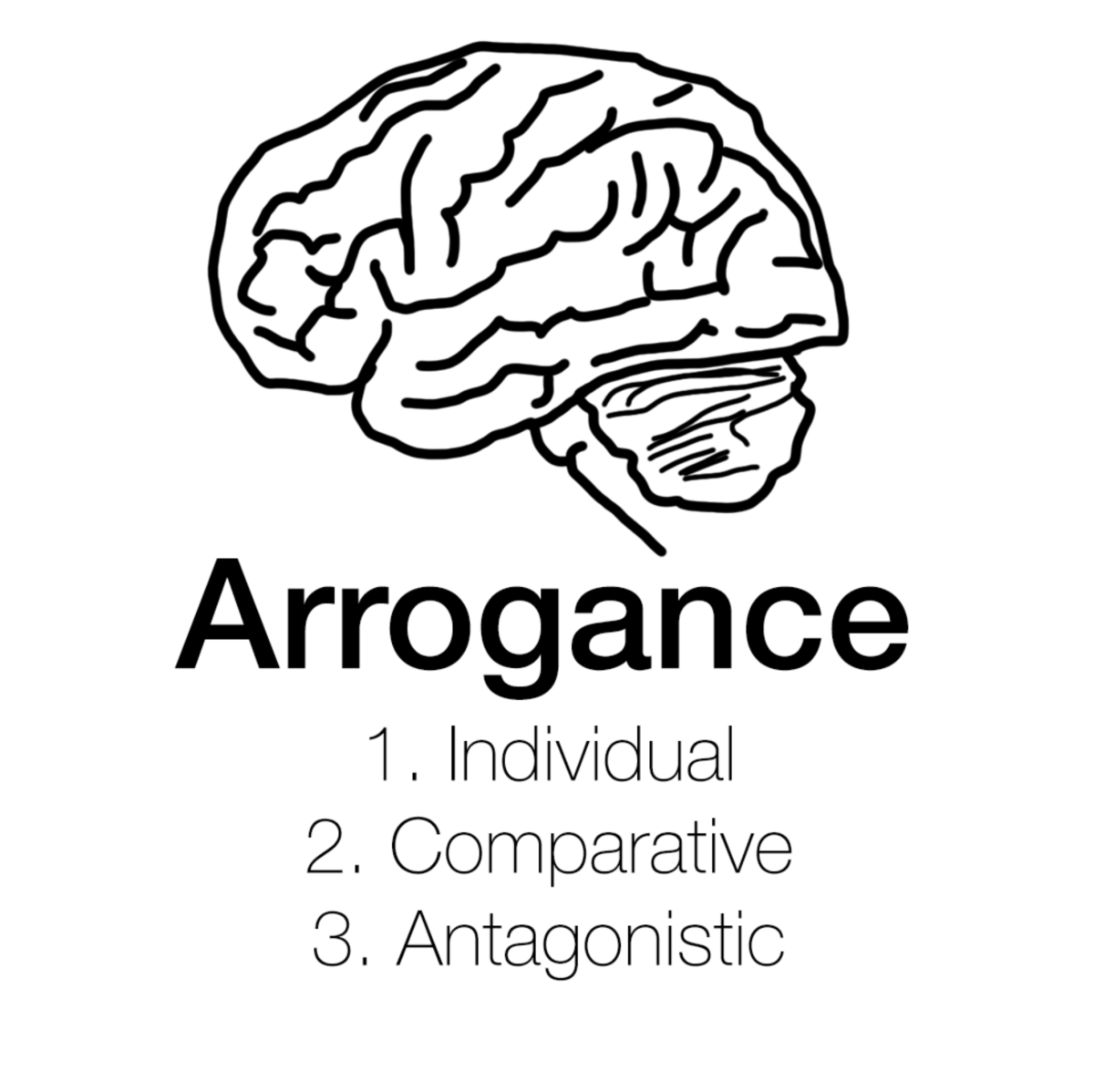
A team of psychology researchers provided one of the first literature reviews on arrogance and divided it into three different categories.
Nelson Cowan, a curators distinguished professor of psychological sciences, has been conducting research on working memory, or the small amount of information one can hold in the mind, since before 1980. He has noticed there are a number of ways in which human beings have imperfect information.
“They have false memories,” Cowan said. “They have flaws in the reasoning and judgment and so forth. Many people are not sufficiently aware of these limitations that humans have.”
This inspired Cowan to organize a team of graduate students and postdoctoral fellows to complete the project he had been working on his entire career.
“For most of my career, I’ve been thinking about the limitations in how people apply their thinking and how they probably could be fair to other people that they’re discussing things with,” Cowan said. “These different research findings led me to want to investigate something like arrogance, which I thought would be helpful for the world because there hasn’t been very much research on arrogance.”
Cowan realized the topic of arrogance was huge due to it involving cognitive, social and clinical research. He thought the only way to synthesize the different areas was with a lot of help, so he decided to make it the topic of a graduate-level class.
During the class, Cowan and his students spent time talking about the readings he brought to class. They realized there are different domains of arrogance, which led the students to conduct more research and give Cowan their writings on their discoveries. They decided to put their writing in a journal and submit it. Upon receiving feedback from external reviewers and revised it to what it is now.
In the journal, the team concluded there are three different categories of arrogance with two types in each category. The three categories are individual, comparative and antagonistic arrogance.
Individual arrogance is a distorted opinion of oneself, while comparative arrogance is a distorted opinion compared to others. Antagonistic arrogance is contempt of others based on one’s view of their own worth.
The team started to look at how different kinds of arrogance relate to each other. They specifically learned what it is in the human brain that makes a person susceptible to one kind or another.
Cowan discovered many factors in arrogance, including a cognitive limitation like realizing when someone is arrogant. Another factor is motivation, and whether or not the person is motivated to feel better than someone else due to feelings of inferiority.
The framework of the research aims to figure out to what extent this is a cognitive problem and to what extent it is a social or emotional problem. Additionally, there are different solutions the team ran across that could help people in their conversations.
Katie Threlkeld, one of the graduate students, hopes that many people will get a lot out of the research and that more people will want to study more about arrogance in the future.
“[There] was a limited amount of current research that looks at arrogance,” Threlkeld said. “Hopefully this can provide kind of a framework and start to have more people studying this area and influence people every day in their day-to-day life.”
_Edited by Laura Evans | [email protected]_